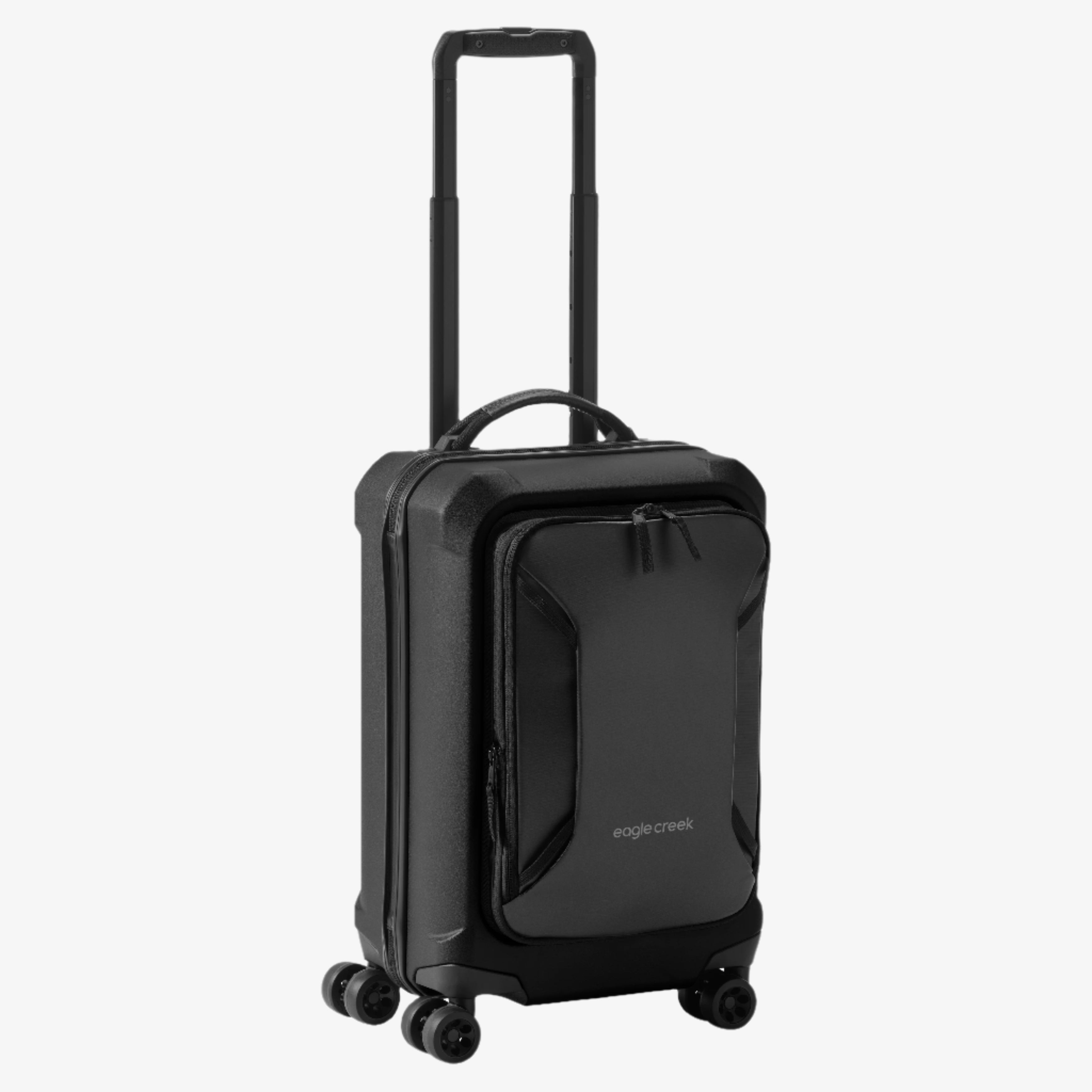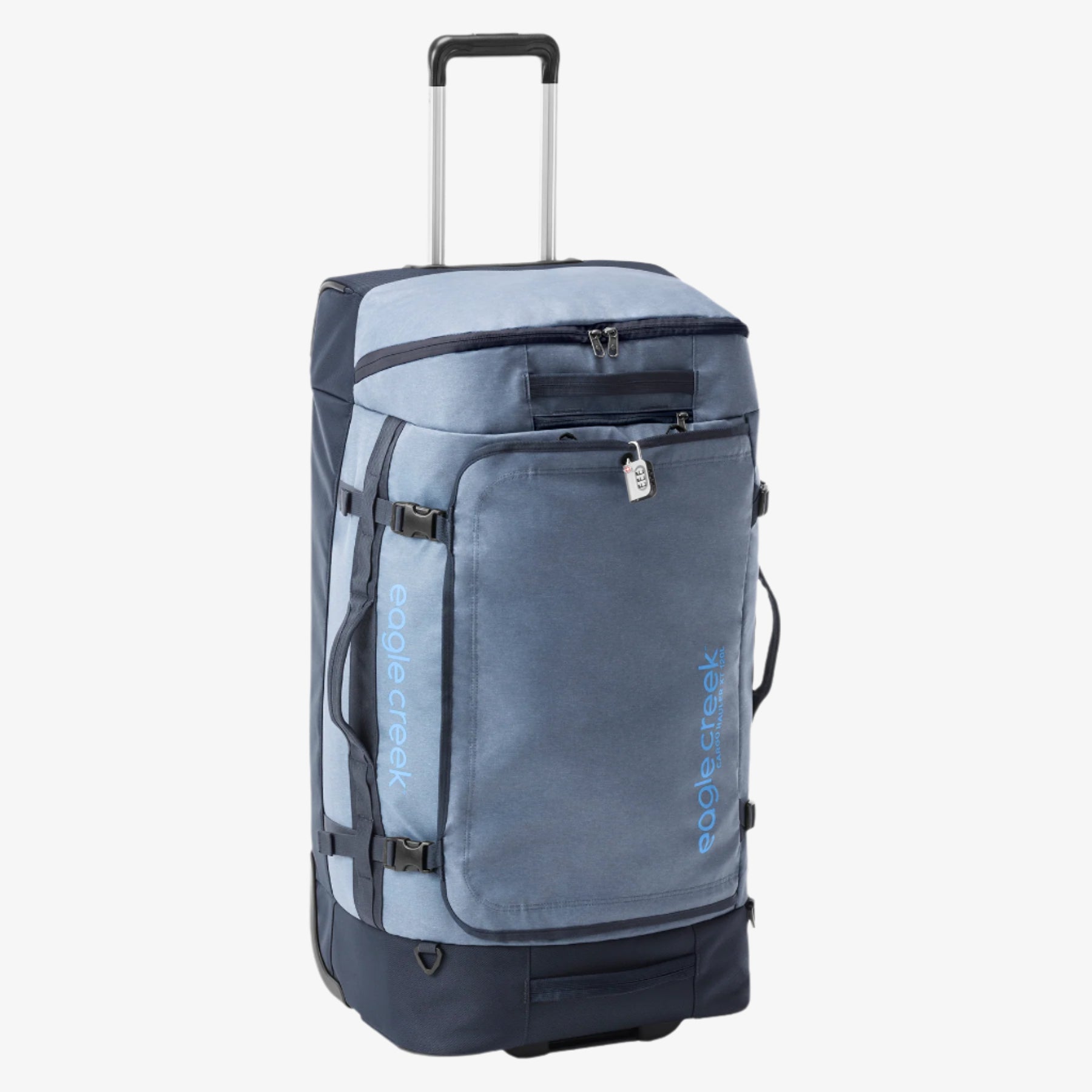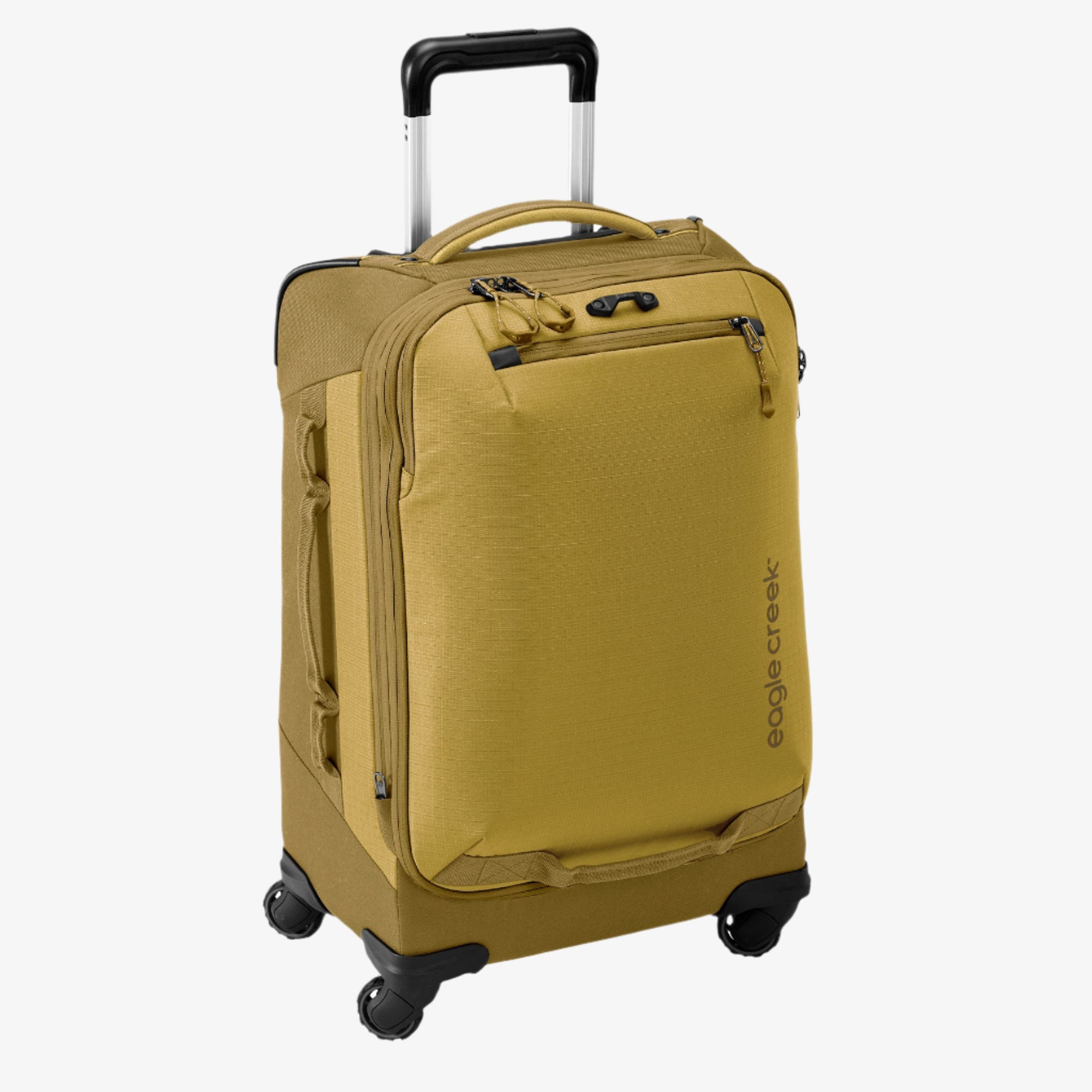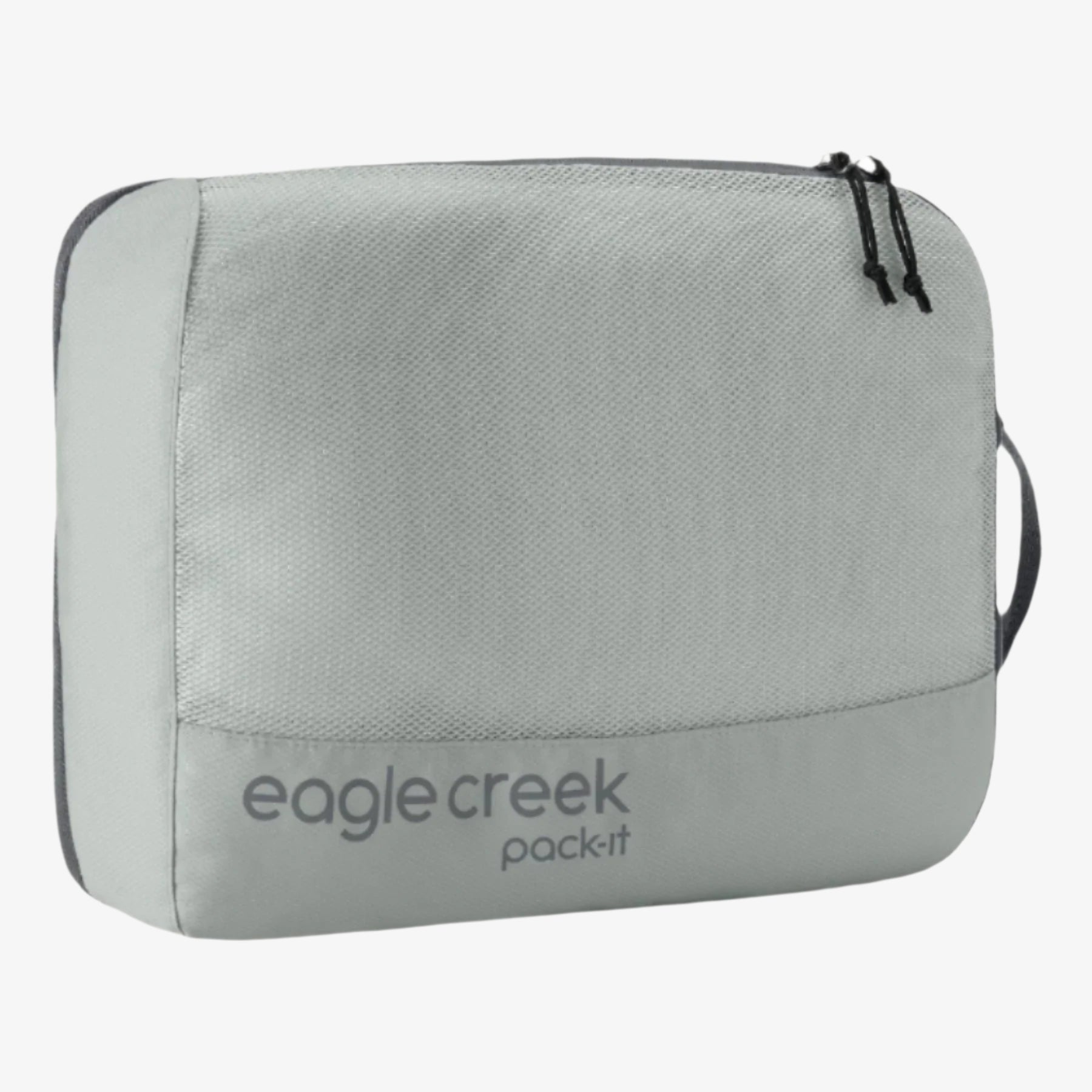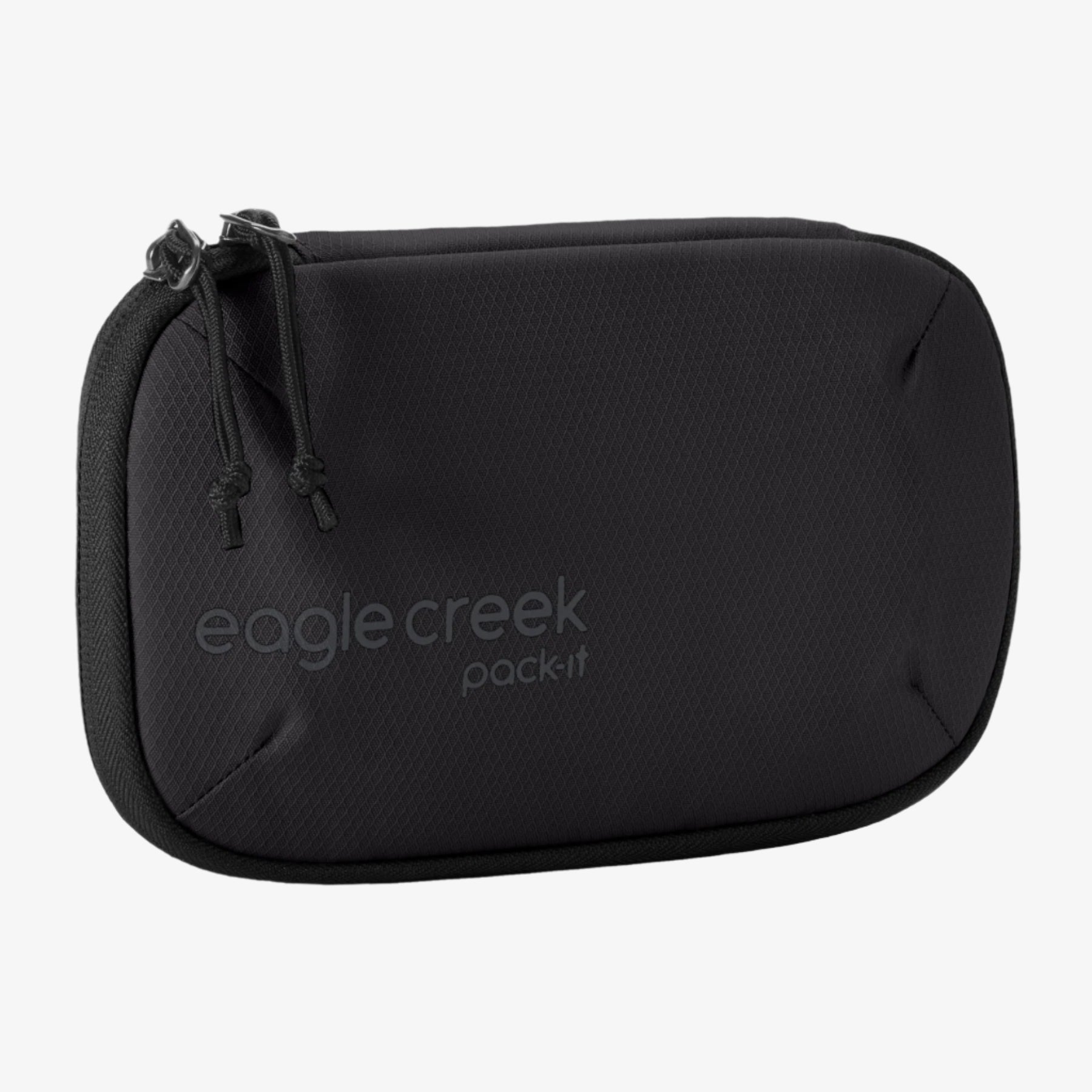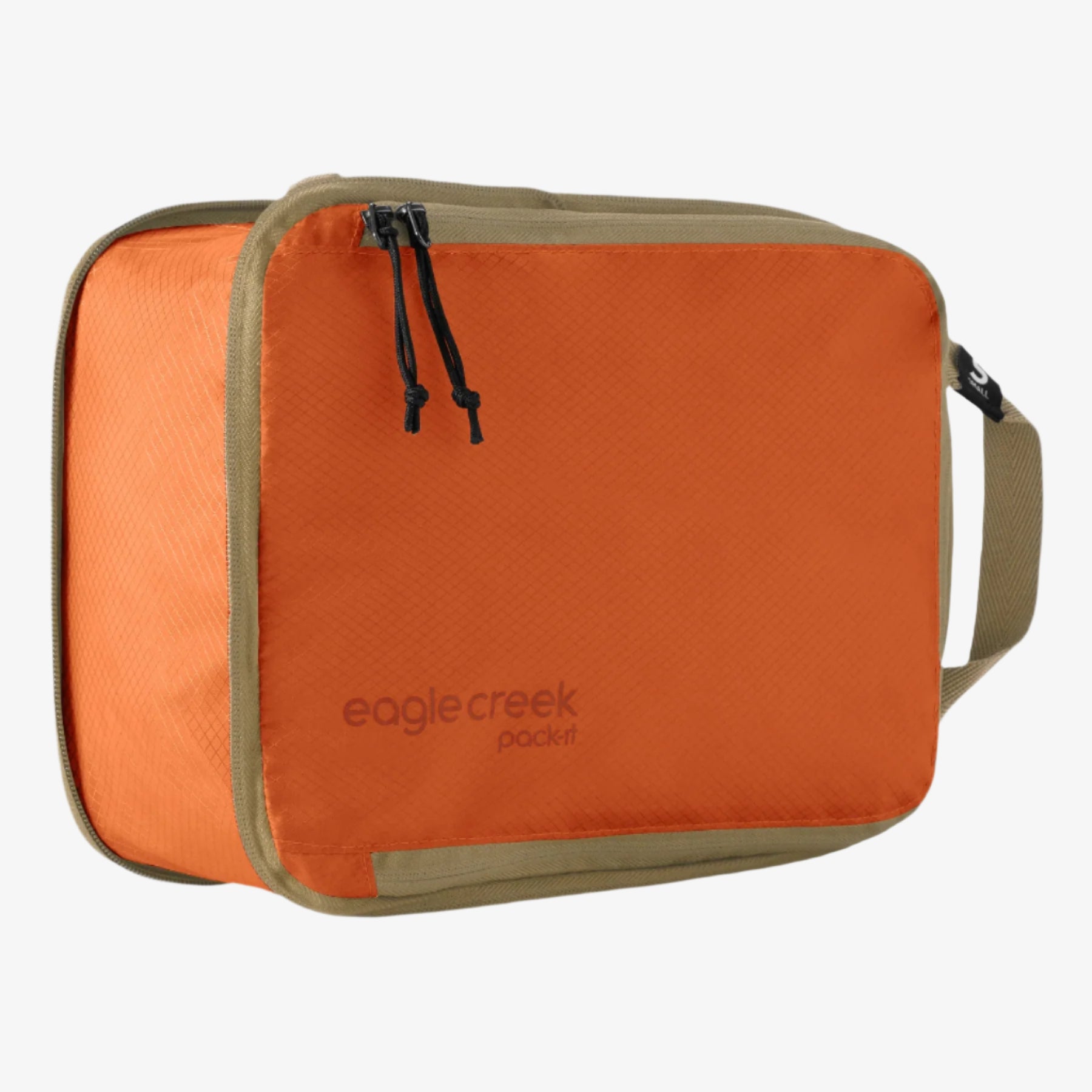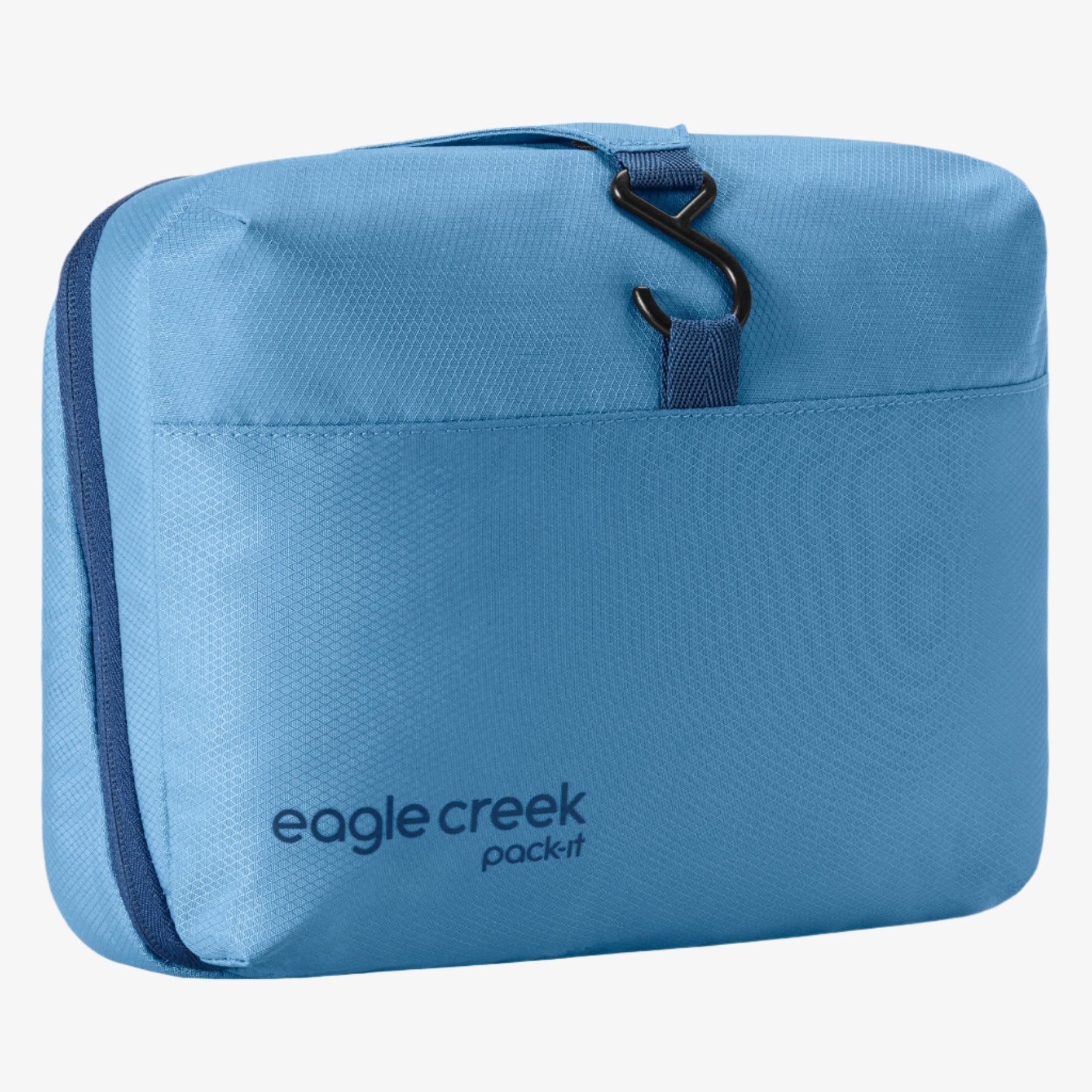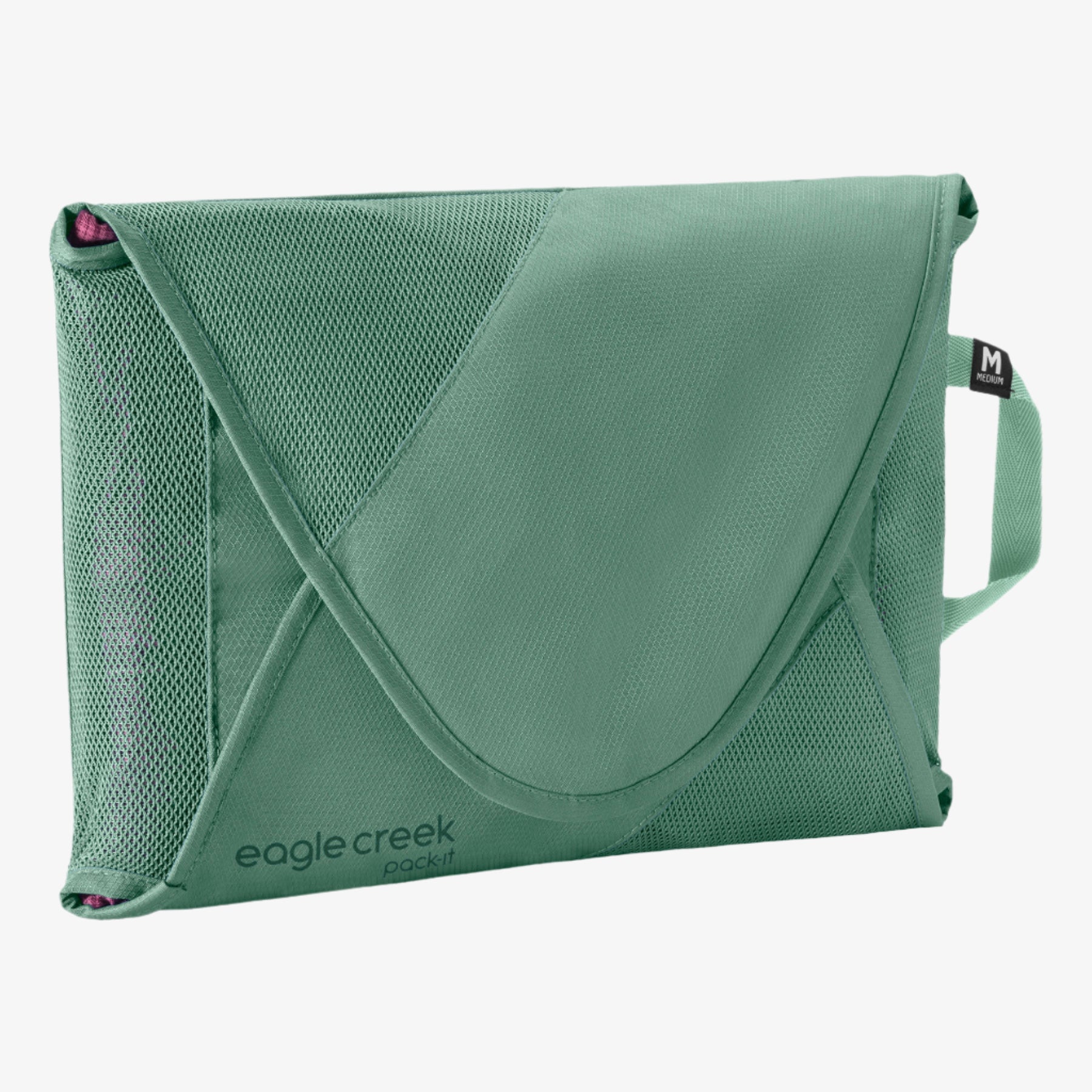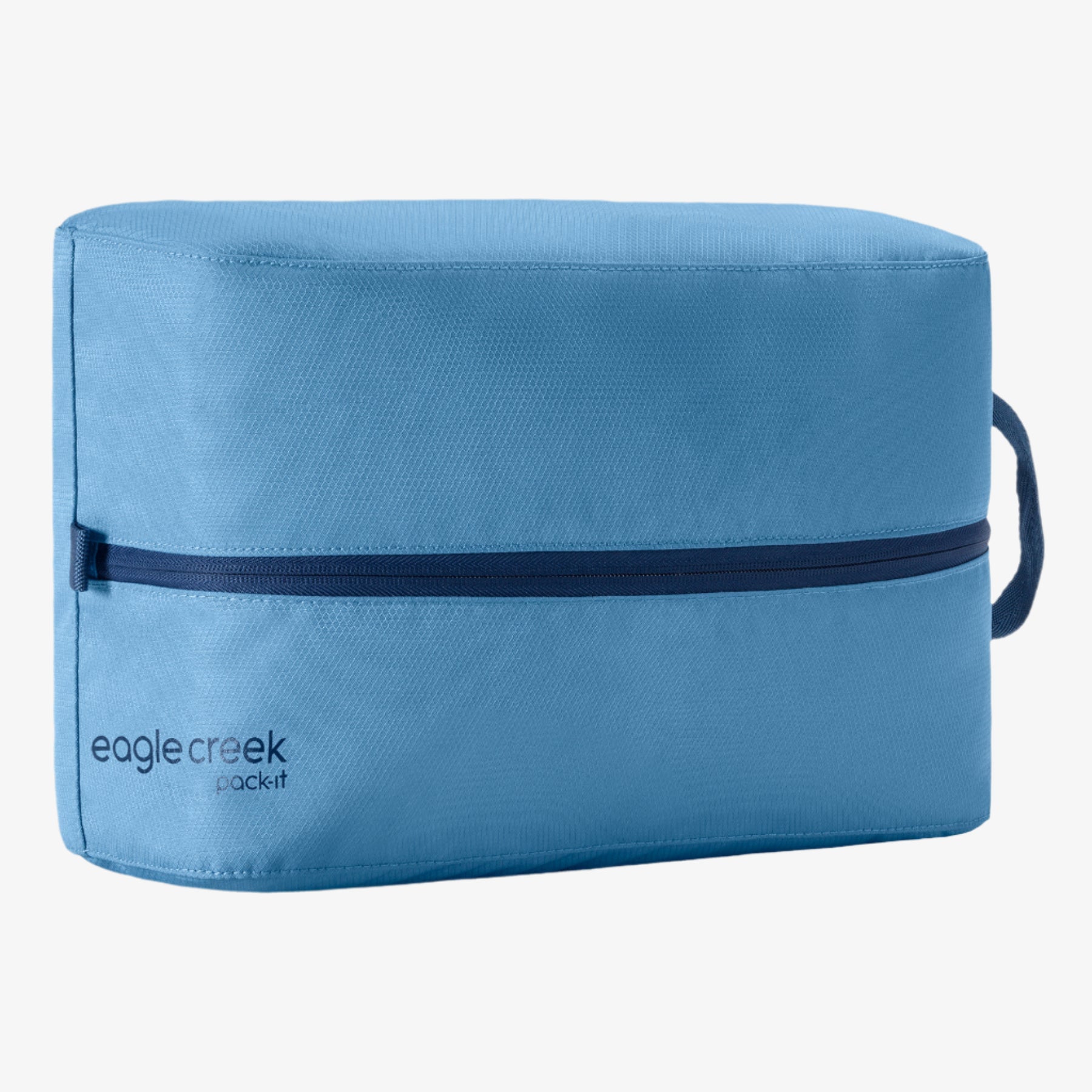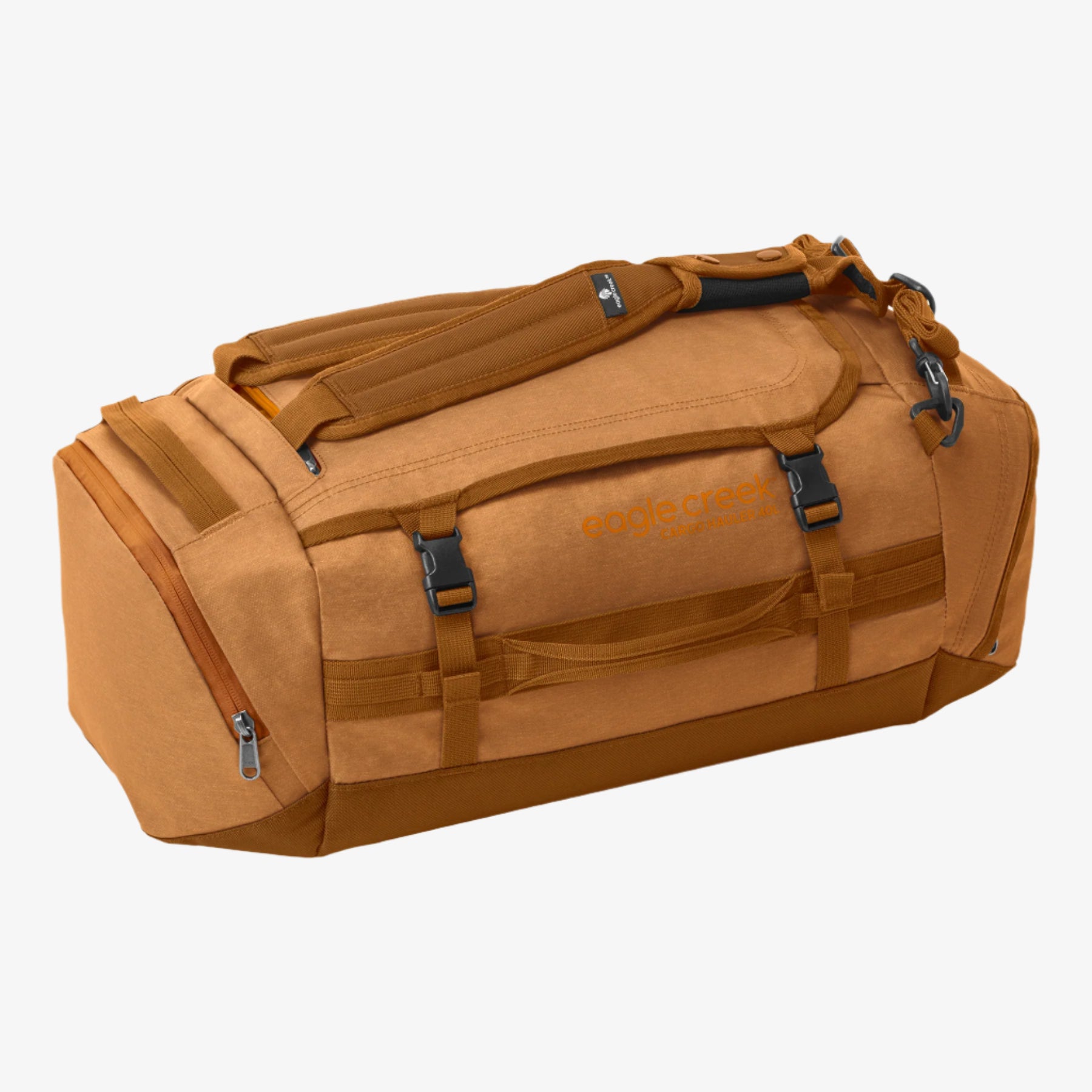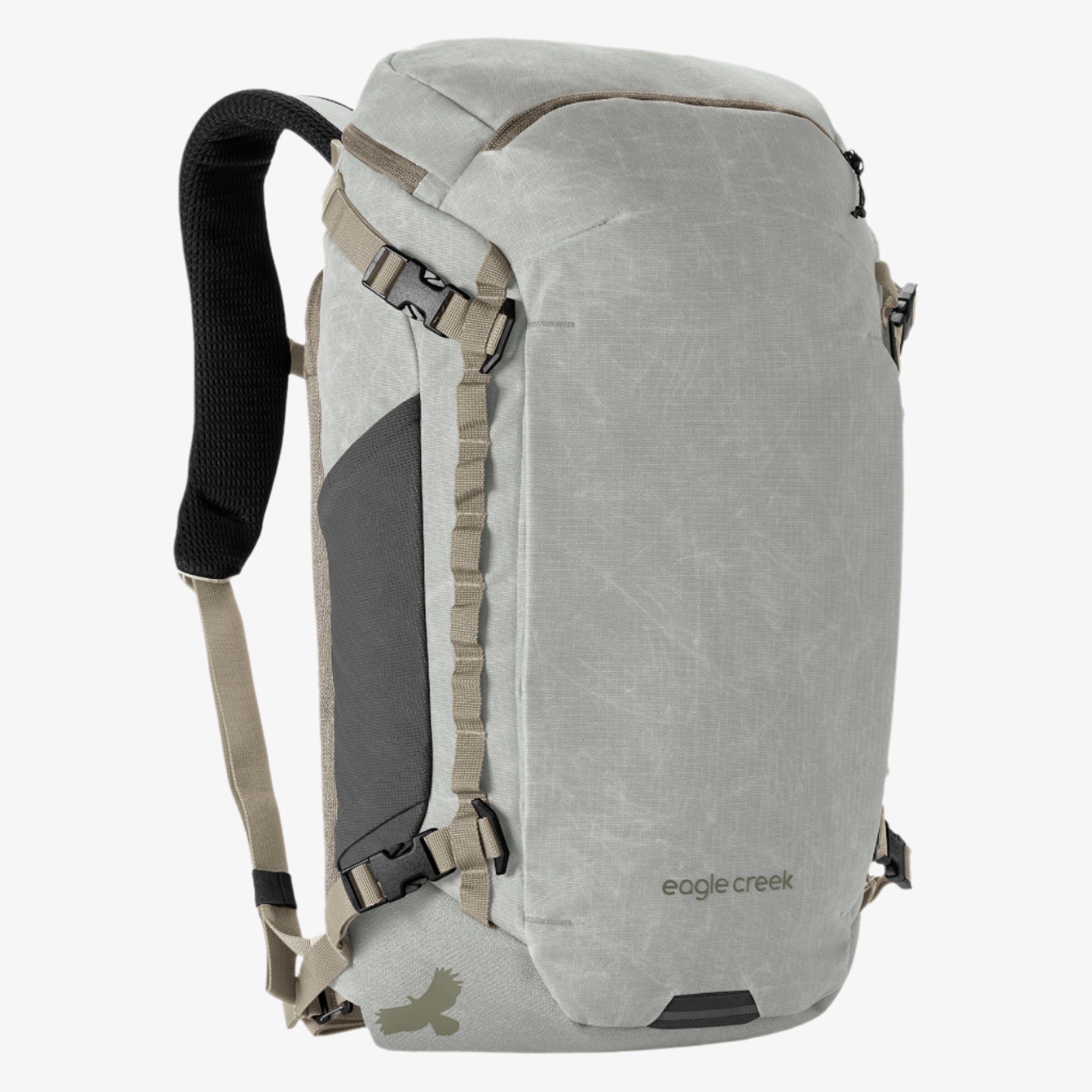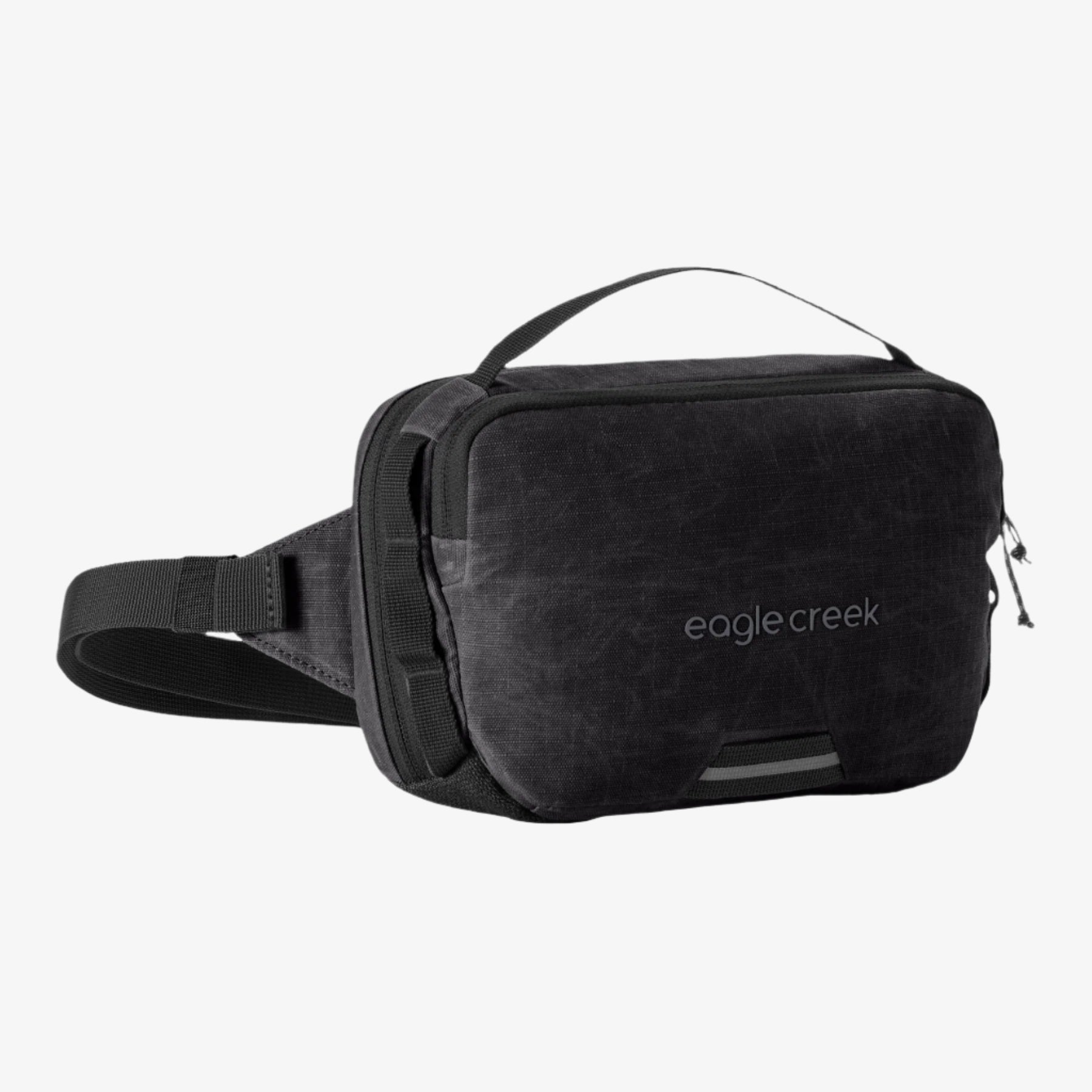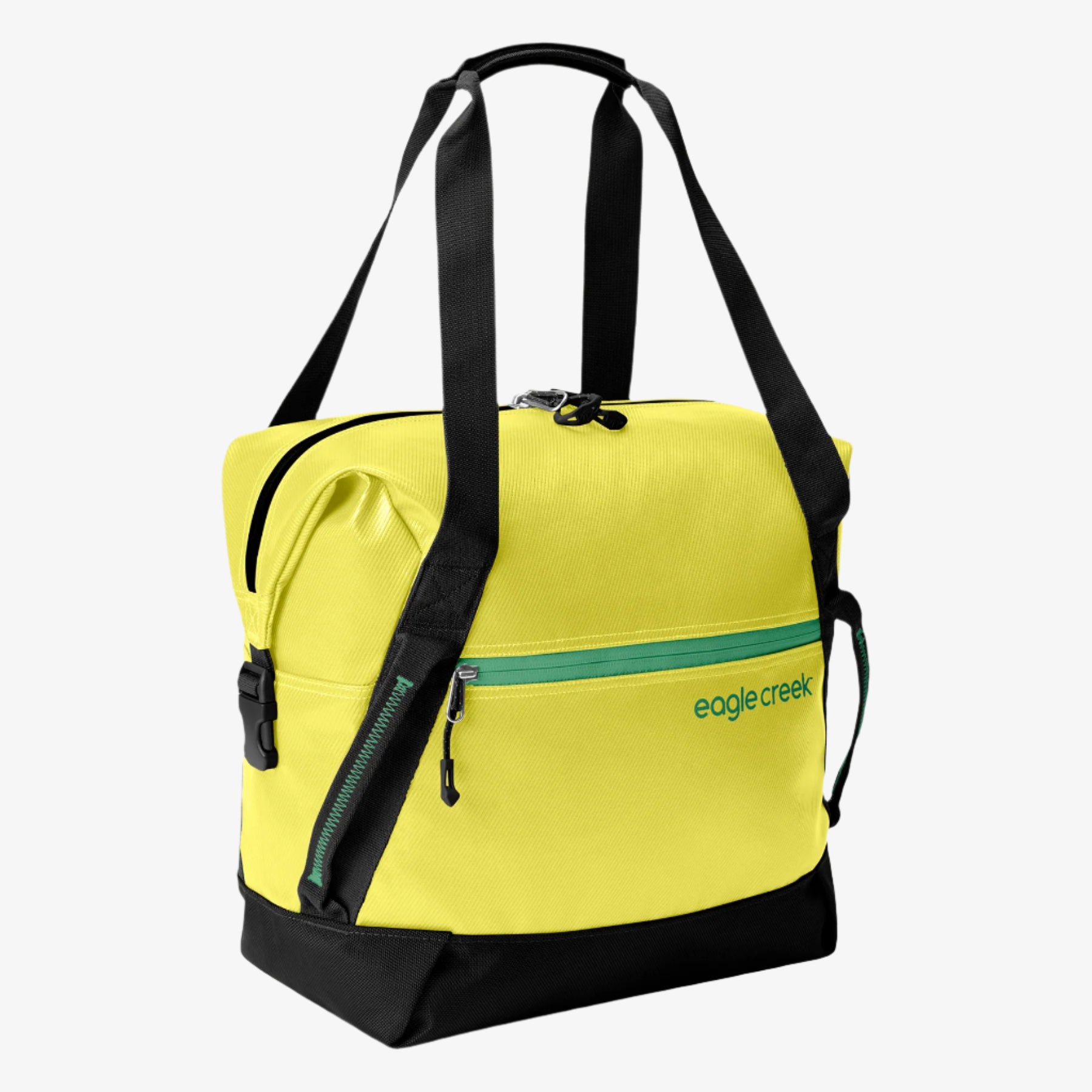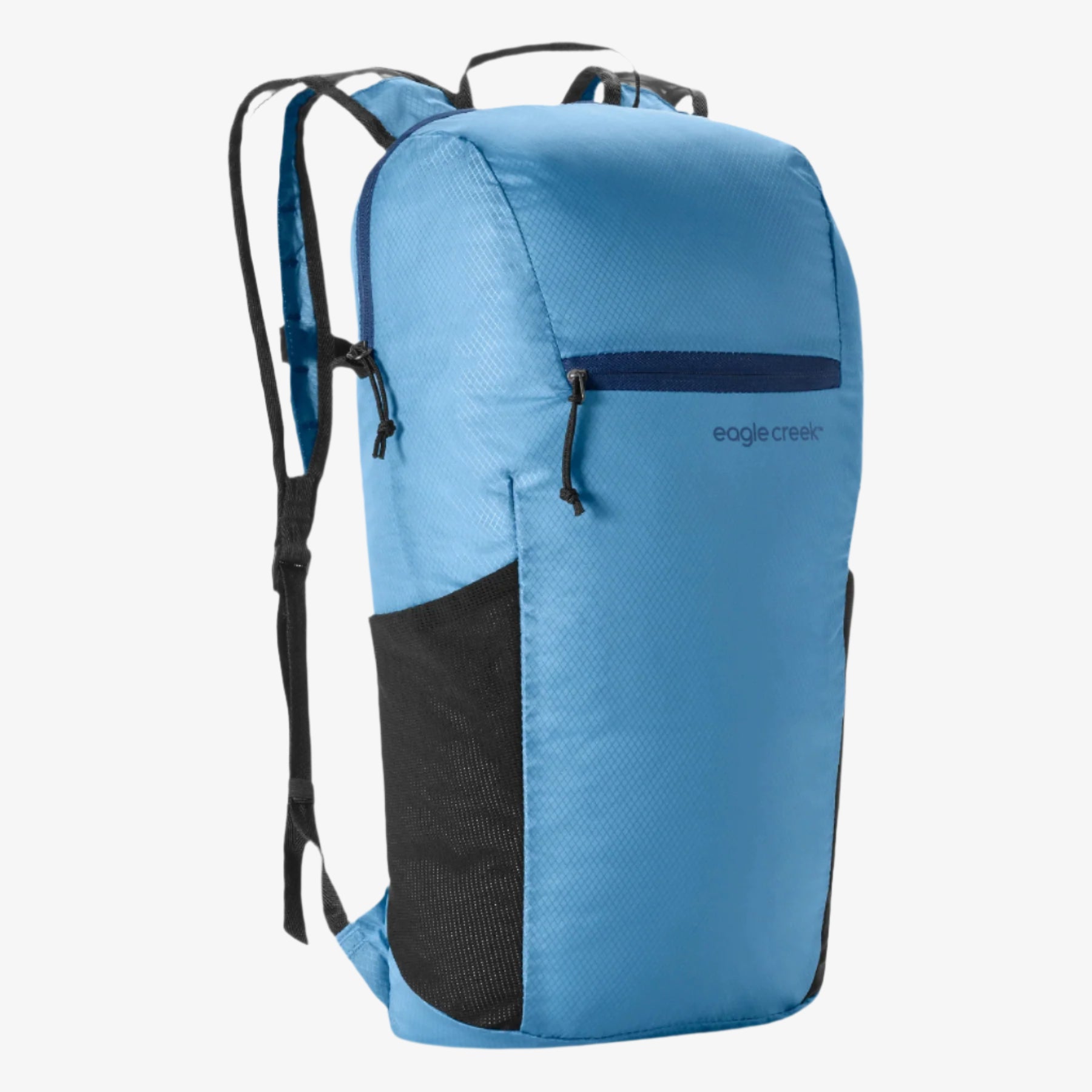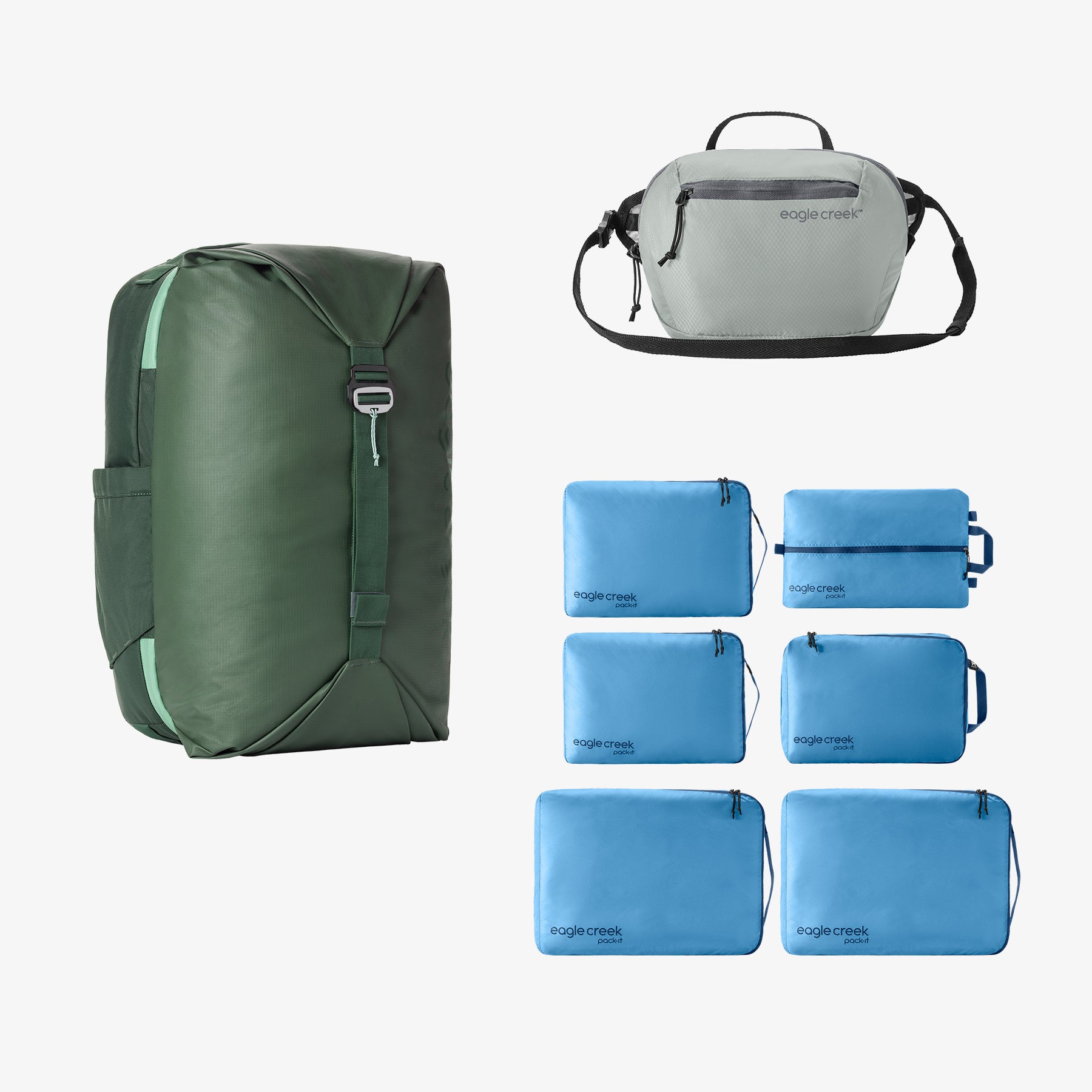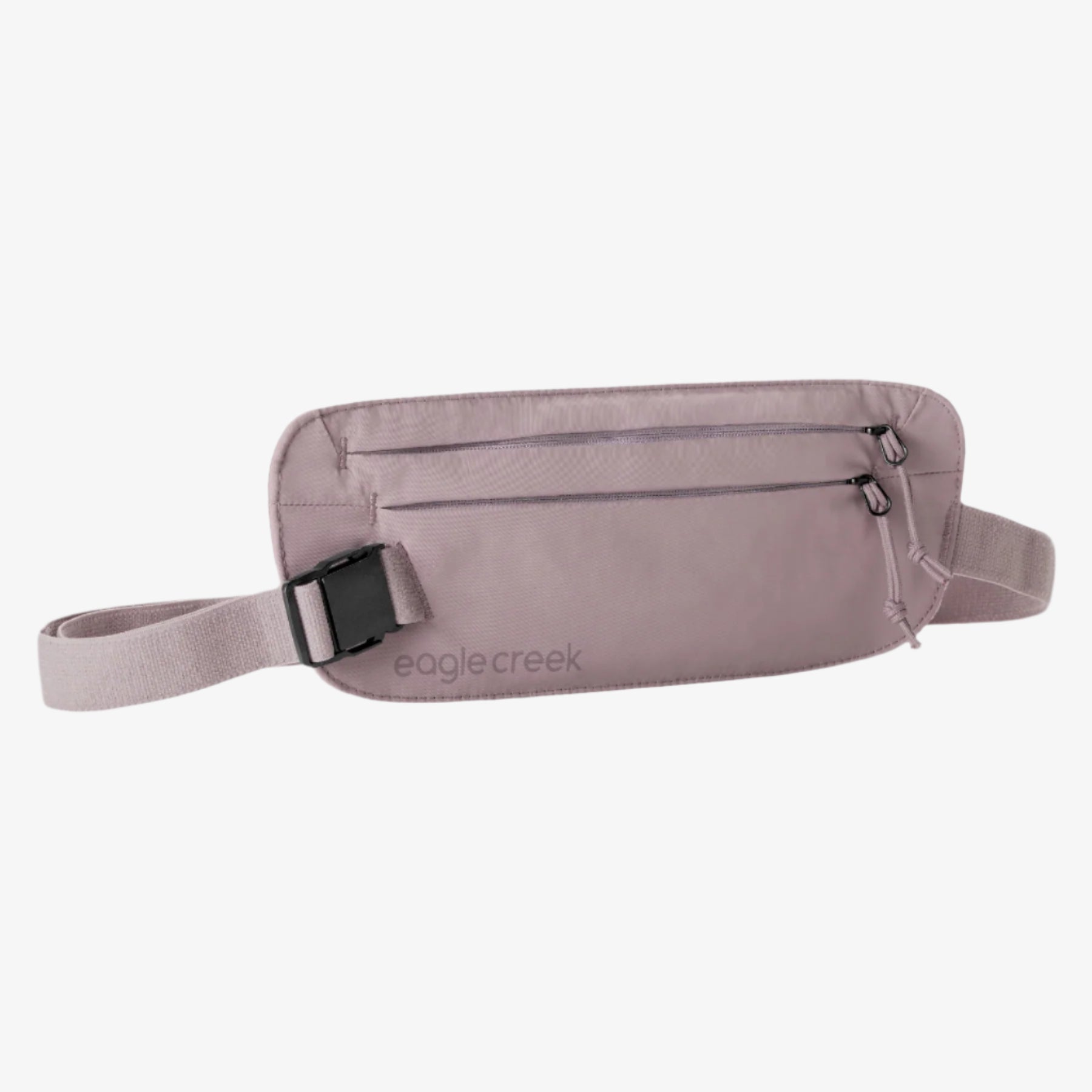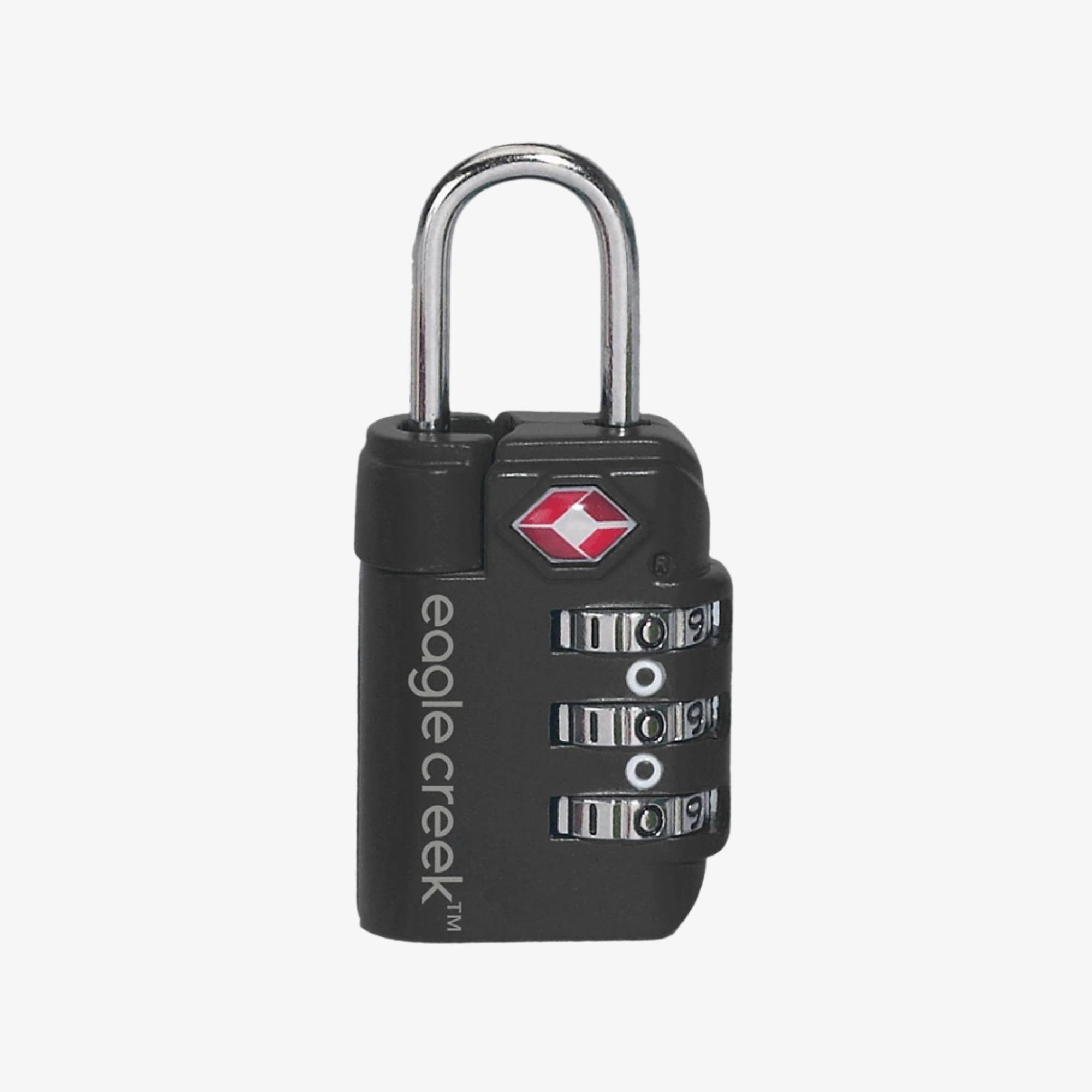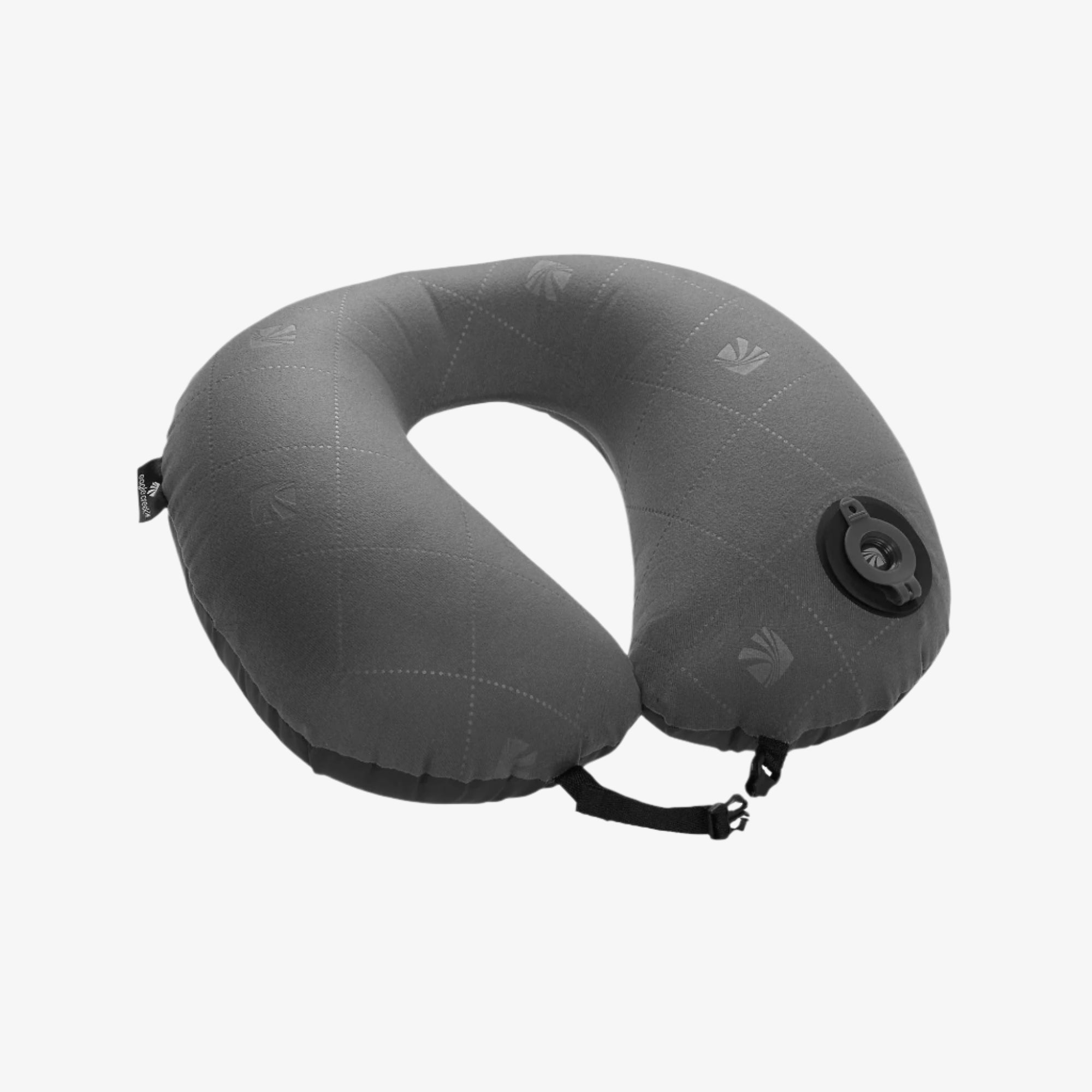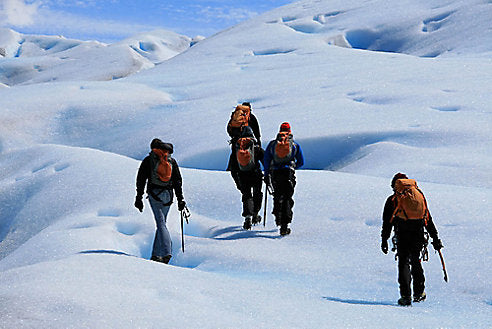Have the Adventure of a Lifetime in Antarctica

Antarctica is known as the Great White Continent, but perhaps it should be known as “Antarctica: Experiences You Can’t Replicate Anywhere Else.” More than just icebergs and glaciers, Antarctica is full of adventures that are waiting for you.
Antarctica is a bucket-list destination for many people. After all, it’s a remote destination; it’s difficult to access and is a veritable enigma in many ways. For some visitors, it’s simply the seventh continent to check off. For others, it’s a wildlife lovers’ paradise.
And it's getting increasingly popular. More than 38,000 people visited Antarctica during the 2015-2016 tourism season, and the number of visitors from November through March (the continent’s summer season) is growing each year.
Antarctica offers adventures that you can’t experience elsewhere. Camping in sub-zero temps? Check. Kayaking with humpback whales? Sure. SUP-ing near glaciers? Yep. Swimming in the Antarctic Ocean? Why not?
For those who want an experience like no other, Antarctica is an excellent destination. (Quick packing tip: Bring a bag that you can put on your back during your trip and roll on wheels at the airport, like the EC Lync System, and use a large compression sac to squeeze in big items). Here are four outdoor activities that are especially fun to try when you visit.
Kayaking
In Antarctica, there are two ways to explore on the water: by zodiac (a sturdy inflatable boat) or by kayak. Go with the kayak, because you'll have the opportunity to see the Great White Continent and its environs from a cool perspective. Gliding through the water, you’re closer to the terns that fly above, the penguins that pop up (their form of jumping is called “porpoising”) through the waves, and the whales that choose to surface just feet from you. The conditions are variable: There are calm days, rough days, days with brash ice, and days silently communing with seals. It’s an ever-changing adventure and while up-close-and-personal encounters cannot be planned or guaranteed, a kayak is a great vessel in which to explore.
Camping
Camping in Antarctica is more doable than you think, if you’re prepared. Campers are given foam mats, sleeping bags, and bivy sacks for the night (take your own pillow for extra comfort). After stamping out an area of snow that fits your length and width, lay down the foam mat and then snuggle into your sleeping bag and the bivy sack (the sleeping bag goes inside of the sack). Wear plenty of layers, making sure that your feet are nice and toasty. Drift off to sleep as the sky dims to twilight. While it may not be the best night’s sleep in your life, it will surely be the most memorable!
Stand-up Paddle Boarding
Stand up paddleboards (SUPs) have gained popularity as a novel way to explore and exercise in warm-water destinations. Now, they’re even popping up in Antarctica. While you may navigate some of the same waters as you would in a kayak, there is a difference in the experience: A SUP gives you an elevated perspective, allowing you to see into the water rather than just above it. The water in Antarctica is usually crystal clear; you’re able to see the penguins not only jump around you, but also swim below you. While SUP-ing is extremely condition-dependent (if it’s too rough or windy you won’t go out), SUP-ing with seals and penguins is a unique Antarctic adventure.
Swimming
While there are plenty of plucky people who undertake “polar plunges” during the winter, there’s nothing quite like bounding into the waters of the Antarctic Ocean, staying as long as you dare, and then scrambling back onto the shore for a towel and warm clothes. It’s definitely not a long adventure (for instance, I lasted approximately 25 seconds), but it’s an experience unlike any other.
Whatever you choose to do, don't forget to bring a camera, because you'll want to have a record of these moments. Store your camera safely in an eTools Organizer Pro in your bag so it's less likely to get damaged in transit.
While Eagle Creek is here to provide tips and insights on travel, we cannot accept any responsibility for any potential consequences arising from the use of this information. Always conduct your own research and use your best judgment.
Related Links (from Eagle Creek blog):
